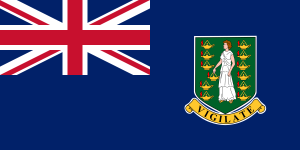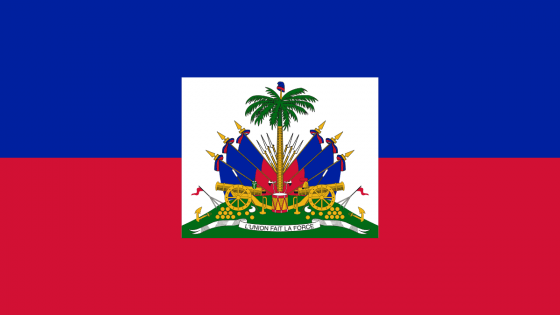
Haiti, the first independent nation in Latin America and the Caribbean, holds a unique place in world history. With its vibrant culture, strong sense of resilience, and rich history, Haiti continues to inspire awe despite its many challenges. From its iconic mountainous landscapes to the rich traditions of art, music, and food, Haiti is a country that offers depth, passion, and a profound connection to its past.
Haiti is located on the island of Hispaniola in the Caribbean, sharing the island with the Dominican Republic. It is known for its mountainous terrain, deep valleys, and coastal plains. The country is prone to natural disasters like hurricanes and earthquakes, yet it is home to beautiful beaches, tropical forests, and waterfalls such as Bassin Bleu.
Haiti has a diverse economy, with agriculture, manufacturing, and services contributing to its GDP. The country produces coffee, mangoes, and sugarcane, and it has a strong artisan market producing handmade goods. However, Haiti remains one of the poorest countries in the Western Hemisphere, facing challenges in infrastructure, education, and economic development. Remittances from the Haitian diaspora are an important source of income for the country.
Haitian culture is rich with African, French, and indigenous influences. It is well-known for its arts, particularly painting and sculpture, as well as its music, including compas, rara, and zouk. Haiti has a long tradition of revolutionary spirit and pride, especially tied to its successful slave revolt, which led to independence. Haitian people are known for their resilience and determination.
Haitian cuisine is a flavorful blend of African, French, and Caribbean influences. Popular dishes include griot (fried pork), joumou (squash soup), and marinad (fried fritters). Rice and beans are staples in Haitian meals, and the island’s abundant tropical fruits, such as plantains, mangoes, and coconuts, are commonly featured in dishes and beverages.
Haiti’s history and culture are steeped in resilience and revolution. While the country faces significant challenges, it is a place of immense beauty, artistic tradition, and strong community spirit. Haiti’s rich cultural legacy continues to shape the identity of the Caribbean, offering a deep connection to its past and hope for its future.

